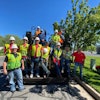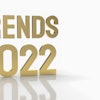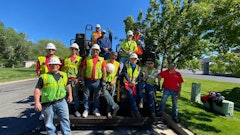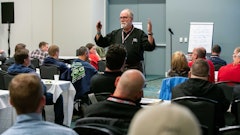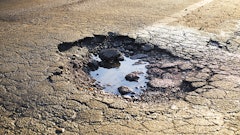Sometimes things kind of hang around in my mind, gestating, waiting to be written about, nudging me to get to them. If I’m not sure what to write I hold off, hoping to plug in to the idea I can focus on. It’s been that way for a couple of topics in recent days, so let’s give this a try and see where it leads.
My father-in-law died last week, age 87. He was one of a disappearing generation of people who for one reason or another came to the United States in hopes of improving his lot in life. Chester emigrated from Poland, via Germany, after World War II, having enlisted at age 19. He spent the bulk of the war as a prisoner working on a German farm replacing the farmer’s three sons who were fighting for Germany. Married shortly after the war and with a one-year-old daughter (my wife) he came to Chicago, sponsored and with a job, and raised two daughters. It’s a true American Success Story, similar to thousands of others, and he told us all a lot of stories.
He died shortly after I’d finished watching all the episodes of Ken Burns’ PBS documentary, The War. (I had recorded it on a DVR so I could watch it around baseball’s playoffs; Me, 1, Technology, 0.) I watched the series initially from a historical standpoint, but it gradually became much more than a history lesson. Despite years of American and World History in school I didn’t have a real sense of the chronology of The War. I didn’t realize Baatan was early, and I didn’t realize where the Allied African campaign fit, nor how the Allies moved through Italy. I didn’t realize the complexity of waging a war in several parts of the world simultaneously, and I didn’t realize why the Battle of the Bulge was called that. I did realize the sacrifices made, but this film helped me feel those sacrifices, much as I felt the sacrifices Chester (and his wife, Emily) made. Burns’ approach of tying The War narrative to four U.S. towns and their people brought the fighting and political aspects to a human and almost personal level, to a level much like Chester’s.
Last Monday I heard Bruce Springsteen and the E Street Band play at Chicago’s United Center. He has an uncanny ability to connect to his audience, with even people in the Bob Uecker seats standing, singing, pumping their fists in the air during “Badlands,†“Born To Run,†and “Thunder Road.†His connection is visceral, emotional. But that’s the public connection. The private connection, the more personal connection, is his view of the America he wants his three children to grow up in. He’s a firm believer in the United States as a “shining beacon on a hill,†a land of opportunity, and his songs, at least many of them, turn on that point. He believes in independence, freedom, individuality guided by collective goals and desires. He believes in the country Chester immigrated to, worked in, succeeded in, died in. He believes in the country that sacrificed its young men to defend its ideals in World War II, a believer in the country that Burns unveils in his documentary.
If you haven’t seen The War I highly recommend it. To be sure, it is a big investment (at some 15 hours) but the investment is minimal once you realize the story being told. If you haven’t seen Springsteen, I highly recommend his concerts, whether you approve of his politics or not as his connection to his listeners is based on something other than that.
You’ll just have to take my word about Chester.
Connections...
Latest in Pavement Roundabout
How Equipment Maintenance Saves You Money
September 30, 2022
Avoiding the Pitfalls of Scheduling
May 12, 2022
Satisfying Today's Workers
March 7, 2022
3 Trends Pavement Contractors Should Watch in 2022
January 19, 2022



